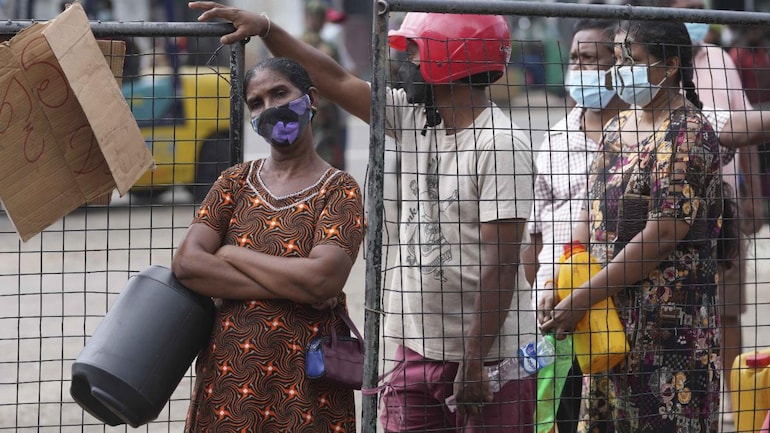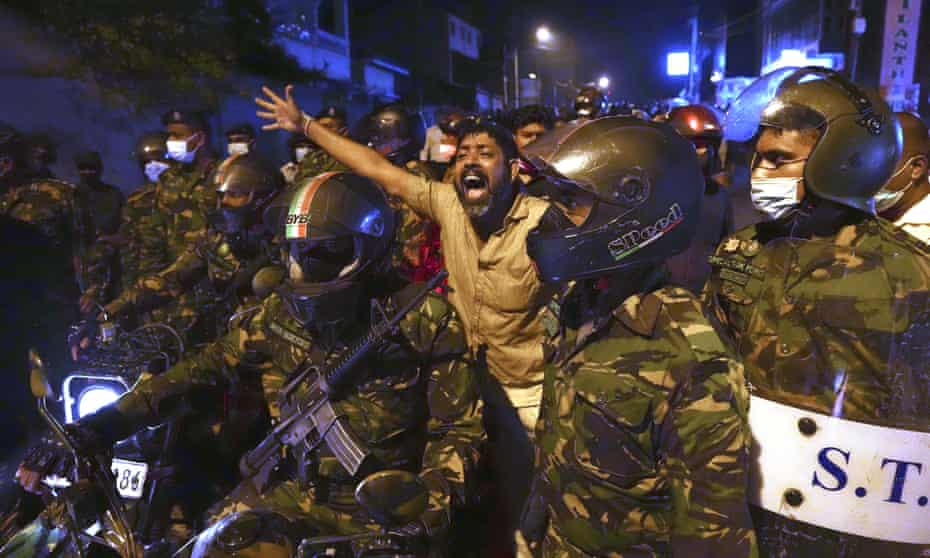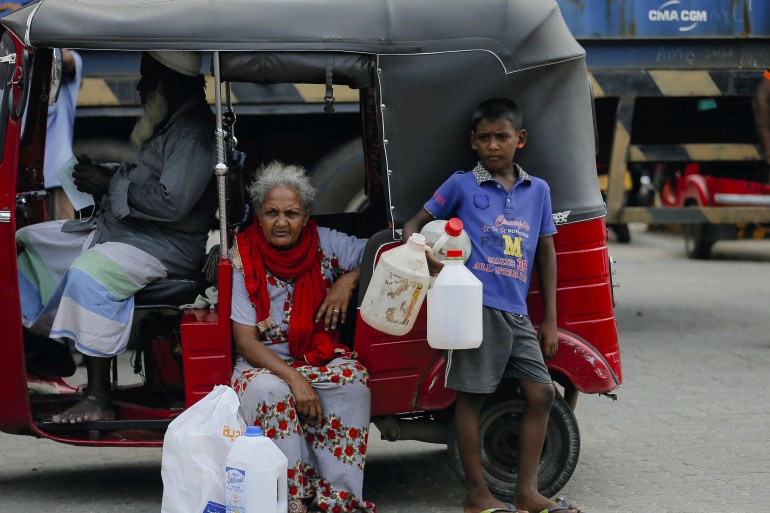Overcoming Impact Of Pandemic And Climate Crises Crucial, Says Eminent Buddhist Preacher

SGI president Daisaku Ikeda. Credit: Seikyo Shimbun
2022 marks seven years since the United Nations adopted 17 interlinked global goals, termed as the Sustainable Development Goals (SDGs), which are designed to be a “blueprint to achieve a better and more sustainable future for all” by 2030.
Looking closely at what has been achieved so far, eminent Buddhist philosopher, peacebuilder and educator Daisaku Ikeda, who is also president of the Soka Gakkai International (SGI), says: “Progress toward the realization of the SDGs has been greatly hampered by the [COVID-19] pandemic.”
In order to “restart and accelerate that progress”, Dr Ikeda considers it “important to flesh out the core spirit of the SDGs—the determination to leave no one behind—by adding a further vision of building a society where all can savour the joys of being alive”.
SDGs, also known as Global Goals, comprise an important part of Dr Ikeda’s latest—and the 40th—peace proposal titled “Transforming Human History: The Light of Peace and Dignity“, released on January 26.
The SGI president discusses from three different perspectives, what he sees as essential to overcoming not only the COVID-19 crisis but also the other challenges that confront our world, thus opening a new chapter in human history.
The first is to face head-on the issues the pandemic has exposed and reweave the social fabric so that it can support people’s lives in the years and decades to come. “Now more than ever, we need to construct a society where people can confront and together overcome even the most severe challenges, a society in which the palpable sense that it is good to be alive, is shared by all,” says Dr Ikeda.
His second perspective relates to creating a consciousness of solidarity that extends to the entire world.
The SGI president finds that the global pandemic measures should focus on how governments can work together to overcome the COVID-19 threat—not on how each individual state can escape the crisis. “The G7 countries should lead efforts to negotiate a pandemic treaty that will establish international protocols for responding to future pandemics, and proactively develop the frameworks of international cooperation that can serve as a basis for such a treaty,” adds Dr Ikeda.
He calls for “an economy that inspires hope in young people and enables women to shine with dignity”.
The SGI president further pleads for looking for ways to eliminate gross disparities in impact of and recovery from the pandemic, and refers in this context to a lecture given by United Nations Secretary-General António Guterres in July 2020, some four months after the World Health Organization (WHO) declared COVID-19 a global pandemic.
Speaking at an event celebrating the birth anniversary of the late South African president Nelson Mandela (1918–2013), whose life was dedicated to the causes of human rights and social justice, the Secretary-General focused his analysis not on the dangers and threats posed by the pandemic but on the people who are actually impacted. He noted that the virus poses the greatest risk to the most marginalized, including those living in poverty, older people and people with disabilities and pre-existing conditions.
Describing how COVID-19 can be “likened to an x-ray, revealing fractures in the fragile skeleton of the societies we have built,” the UN chief called for the development of a new social contract for a new era.
He cited the following words President Mandela addressed to the people of South Africa, which offer a direction for the realization of that vision: “One of the challenges of our time . . . is to re-instil in the consciousness of our people that sense of human solidarity, of being in the world for one another and because of and through others.”
Dr Ikeda stresses the importance of climate change. “With every passing year, the damage caused by extreme weather events has intensified and become more widespread,” he says. During COP26, the US and China agreed to strengthen measures for cooperation on climate action. And “strongly” urges Japan and China to reach a similar agreement.
He also calls for strengthening the framework of partnership between the UN and civil society and propose the establishment of a venue within the UN where civil society, led by youth, can freely discuss the comprehensive protection of the “global commons”, the resources required in order to survive and flourish. “A UN youth council would be a perfect vehicle for this,” he adds.
On environmental issues, the SGI president calls for more coordinated efforts in implementing the UN Framework Convention on Climate Change, Convention on Biological Diversity and Convention to Combat Desertification, stating: “Climate change, biodiversity and desertification are deeply intertwined, and solutions are likewise interconnected.”
Concerned about the impact of disruptions to education, the SGI president suggests that the UN Transforming Education Summit planned for September focus on education in emergencies, inclusive education and learning for global citizenship.
Dr Ikeda is convinced that nuclear weapons abolition is the key to a sustainable global future. “The first step is to find a way of ‘detoxifying’ ourselves from current nuclear-dependent security doctrines.”
His second proposal pertains to the Treaty on the Prohibition of Nuclear Weapons (TPNW). In this context, he “strongly” calls both for Japan and other nuclear-dependent states and for the nuclear-weapon states to participate as observers in the first meeting of states parties to the TPNW when it is held.
Japan will host the G7 Summit in 2023. The SGI president proposes that a high-level meeting on reducing the role of nuclear weapons be held concurrently in Hiroshima, in which the leaders of non-G7 countries could also participate.

IDN-InDepthNews offers news analyses and viewpoints on topics that impact the world and its peoples. IDN-InDepthNews serves as flagship of the International Press Syndicate Group, partner of the Global Cooperation Council.













